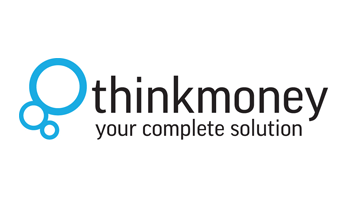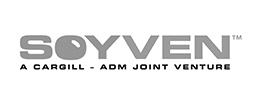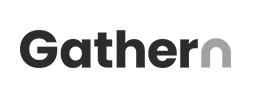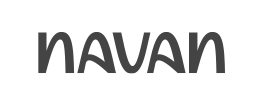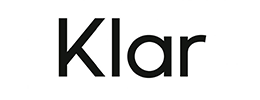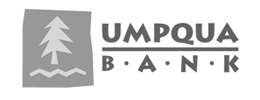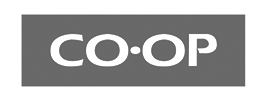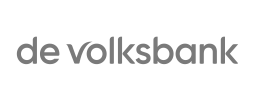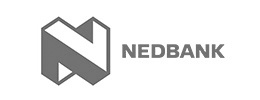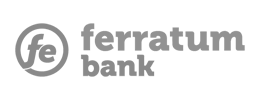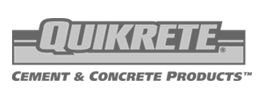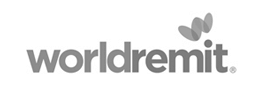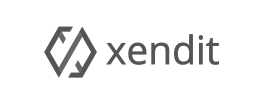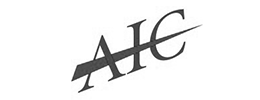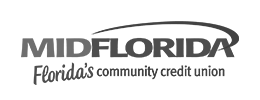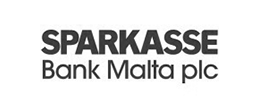Trends for Travel & Hospitality
The travel industry is one of today’s most exciting and rapidly growing business sectors. Web-based companies like Expedia, Booking.com and Hotels.com have made booking and buying travel easier than ever before. For travel companies, 2016 was an exciting year with dynamic changes, aggressive growth, and continuous success.
To put it simply, travel is on the rise globally. Based on the 2016 TripAdvisor TripBarometer survey, 1 in 3 travelers spent more on travel this past year than in 2015. According to Skift Magazine, a majority of online travel booking from the U.S. and Europe is largely provided by the two giants: Priceline and Expedia, with some additional coverage by TripAdvisor and Google. Currently, several prominent trends are heavily influencing the success of the global travel industry, from major changes in travel marketing to how consumer data is now being used to understand the modern traveler. Mergers, killer brands, globalization and the continuing expansion of Airbnb and similar companies have kept 2016 interesting and have prepared the industry for the next step in its evolution.
Travel data – the conglomeration of booking, discount, and commission transactions – plays an enormous part in the ever-evolving challenges around customer experience, market expectations, and accurate financial reporting. In order to ensure the integrity of the transaction lifecycle and comply with best accounting and financial practices, as well as decrease security risk, travel data has to be carefully maintained and reconciled. According to latest research by eNett, manual payments and reconciliation cost the travel industry over $1.5 billion per year.
A survey sponsored by Carlson Wagonlit Travel (CWT) shows that travel reconcilers are not convinced they have a complete or accurate picture of the total cost of individual trips, which is concerning for such a highly-competitive industry. Accounting and Operations teams struggle to reconcile data, dedicating a huge amount of staff time and spend per year in manual reconciliation and exception investigation. Travel reconcilers typically face challenges in their work having to compare multiple data sources. Additionally, differences in reports due to data formatting can greatly complicate the process. Working with numerous partners can introduce more complexity as standard processes and formats are rarely used.
Let us take you on a brief journey of what makes the travel industry different, challenging, and fascinating to work with from a reconciliation perspective.
Part of the industry-specific complexity is that in today’s world, many travel companies serve as mediators between clients and other entities dealing with accommodation, travel plans or vehicle rental. It is commonplace for clients to reserve a hotel room, rent a car, reserve a parking space, buy train tickets or travel insurance after booking their flight tickets via the very same website. Booking websites work as an aggregator for all the services the customer wishes to purchase and a single booking can be a combination of multiple sub-bookings.

As with any other industry, errors can happen – customer billing records do not always match customer services records, meaning that some customers are billed for items they have not ordered while others erroneously escape being charged for services they used. The same can happen at the company level – partners can send overcharged invoices by mistake or forget to submit a bill for a customer’s visit, resulting in missing invoices. There are other situations where the expected billing does not equal to the actual one.
For these reasons, reconciliation is a necessity in the travel industry to ensure process integrity, a strongly positive customer experience, and financial accuracy. Considering the large number of transactions processed, even small differences can accumulate to significant amounts during a single month.
To address these challenges, ReconArt brings value to major players in the Travel, Hospitality, and Leisure market. These volume-heavy businesses can experience the full benefit of the ReconArt solution by replacing out-of-date and frequently resource-intensive processes. ReconArt’s cloud-based reconciliation solution lends itself perfectly to the transaction-heavy characteristics of the travel industry.
For example, it is common for travel companies to receive invoices from many different parties in many different file formats, making a comparison to internal sources almost impossible. ReconArt’s powerful import functionality allows for standardization of data format on import. This allows for common business logic to be applied for the transaction type across vendors, partners and both internal and external systems. Using ReconArt’s drag-and-drop interface and Excel-like capabilities, integration between systems is greatly simplified. This allows business users to easily perform setup configuration. ReconArt provides a rich set of tools in its Integration module that make it easy to map, normalize, transform and enrich data, ultimately providing painless data flow into and out of the solution.
Once the data is normalized, ReconArt’s automated solution is ready to match and identify the exceptions. By using the unique reference number that is generated at every booking as matching criteria, ReconArt’s automated reconciliation helps to reduce erroneous payments and improve visibility of exception items. With the powerful and high-speed matching engine, ReconArt can efficiently and accurately isolate exceptions in high volume accounts. As part of this process, exceptions can be automatically classified using the matching rules defined by the business users. Additionally, the matching engine supports multi-sided reconciliation, complex match rules, and one to many and many to many matching relationships. The setup of matching logic is made intuitive and efficient and is used for reconciling all segments of the industry – commission processing, high-volume matching for bookings, vendor services, etc. At the end of the day, users are simply presented with the results of the matching which enables them to easily see whether there are any exception items (such as underpayments or overcharges). Matched invoices can be exported and sent directly to the company’s accounting system for releasing the payments and if a partner has sent an invoice for $105 instead of an expected $100 for example, ReconArt can automatically generate the credit note and transfer it to the accounting system for further processing.
Does your business receive invoices from tens or hundreds of separate partners (e.g. airlines, hotels, etc.) with small differences due to exchange rates and credit card fees? Not a problem – a unique feature of ReconArt is its capability of matching high volumes of transactions with dynamic variances. The dynamic variance allows for defining specific variance tolerance for an indefinite number of providers all in a single matching rule.
Travel, Hospitality and Leisure is one of our fastest growing industries, as our client base now includes agencies around the globe. The built-in flexibility and our experience in travel industry related reconciliations allow ReconArt to serve the reconciliation needs of any size business. In fact, ReconArt continues to enhance its solution and features in partnership with travel companies of all sizes. In this manner, we continually improve our automated reconciliation solution in ways that best service the industry.
What our Clients are saying:
“ReconArt provides a great way of holding the data until we are billed, however far in the future it may be since the original booking.”
“Super users or system users without IT knowledge are able to setup and to make changes in the system.”
“The available complexity of the matching rules is perfect for us, as it means we have super-tight controls over what we accept to pay from suppliers, which is very important to us; if we didn’t have this capability we would end up over paying suppliers by thousands probably.”
“It is amazing how easy it is to setup the system and to make changes if suddenly business needs change. The change of file formats from suppliers has been a big issue in travel companies the last few years.”
We invite you to explore the many ways we can support success in your environment. Do you want to learn more about reconciliation software for the travel industry? Contact us today.
References:
2016 TripAdvisor TripBarometer survey – https://www.tripadvisor.com/TripAdvisorInsights/n2670/6-key-travel-trends-2016
Skift Magazine, Issue 3: The Megatrends Defining Travel in 2016 – https://trends.skift.com/yearbook/megatrends-2016-magazine/
eNett: When will the fintech revolution reach b2b payments – https://www.enett.com/when-will-the-fintech-revolution-reach-b2b-payments
Study Finds Corporate Travel Managers Waste Over 400,000 Hours Reconciling Travel Data – http://www.gbta.org/foundation/pressreleases/Pages/rls_071712.aspx

 follow our blog
follow our blog
